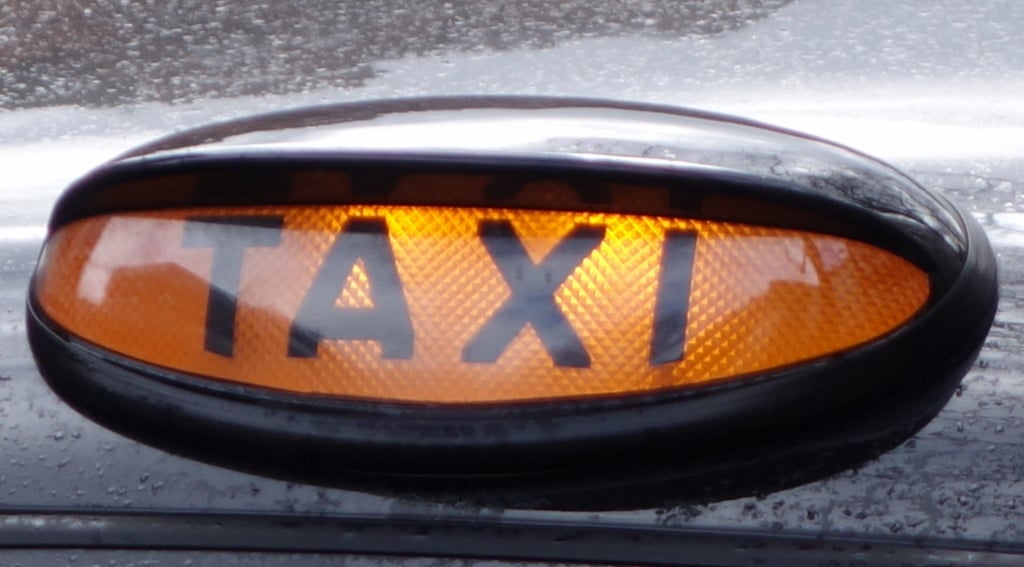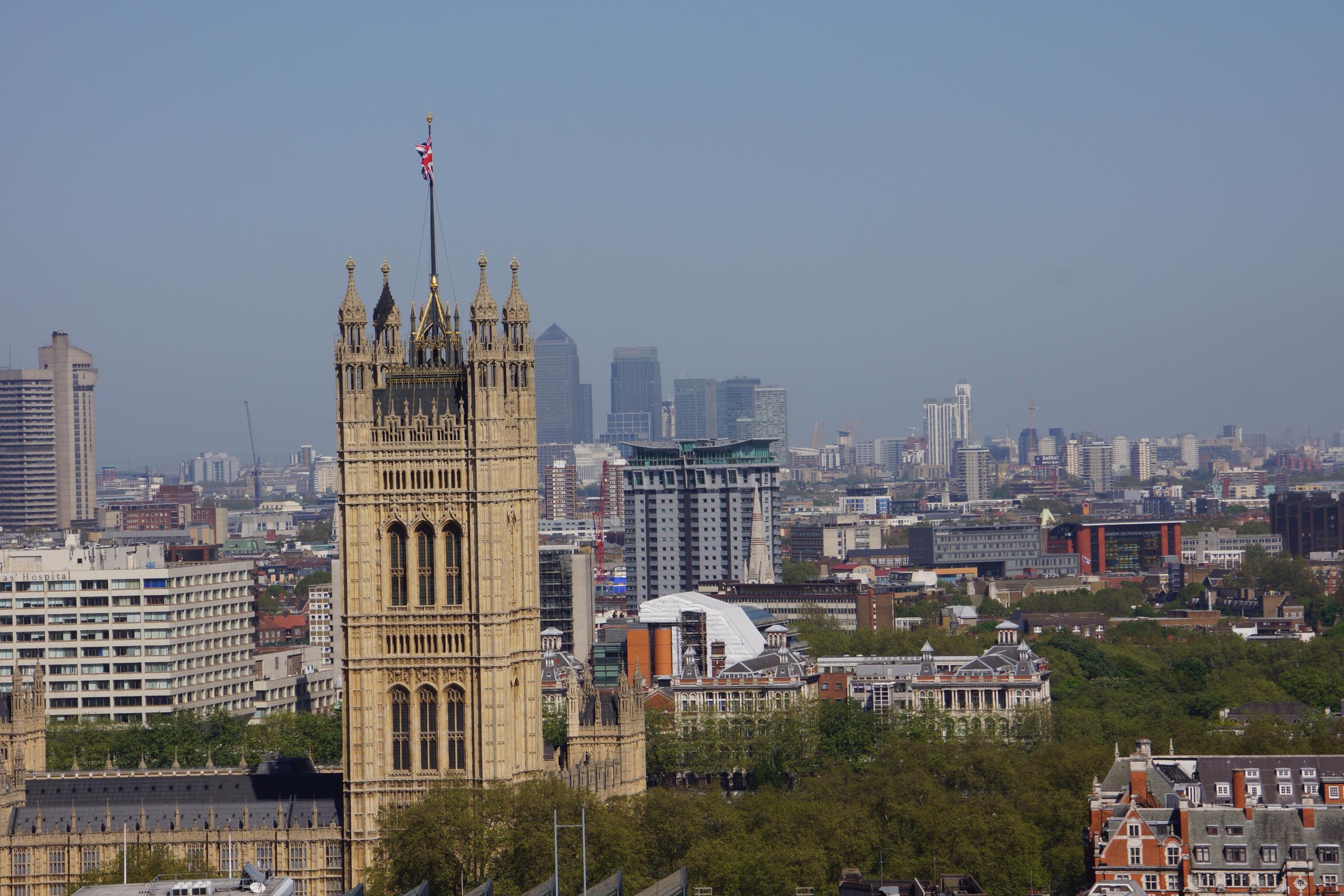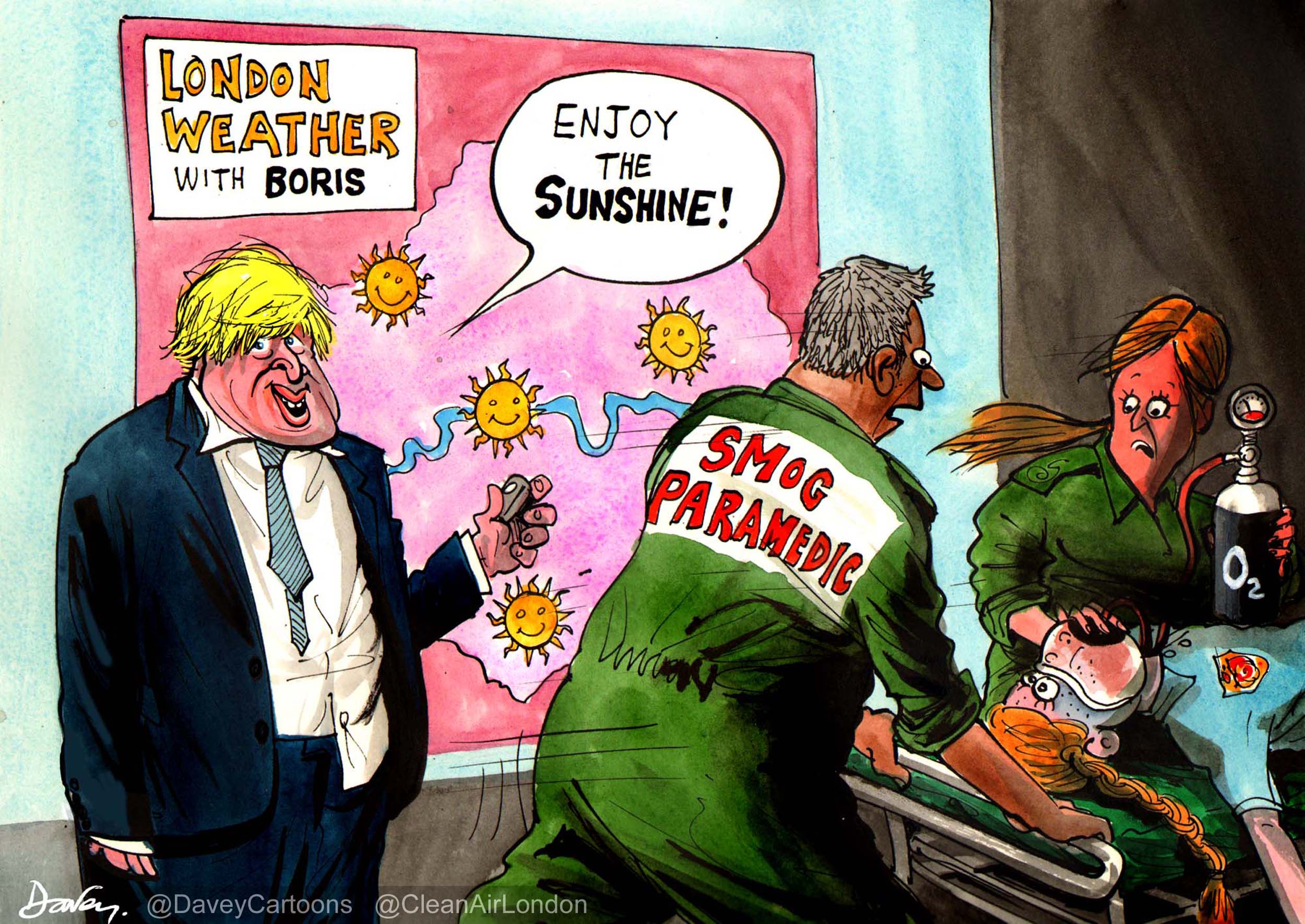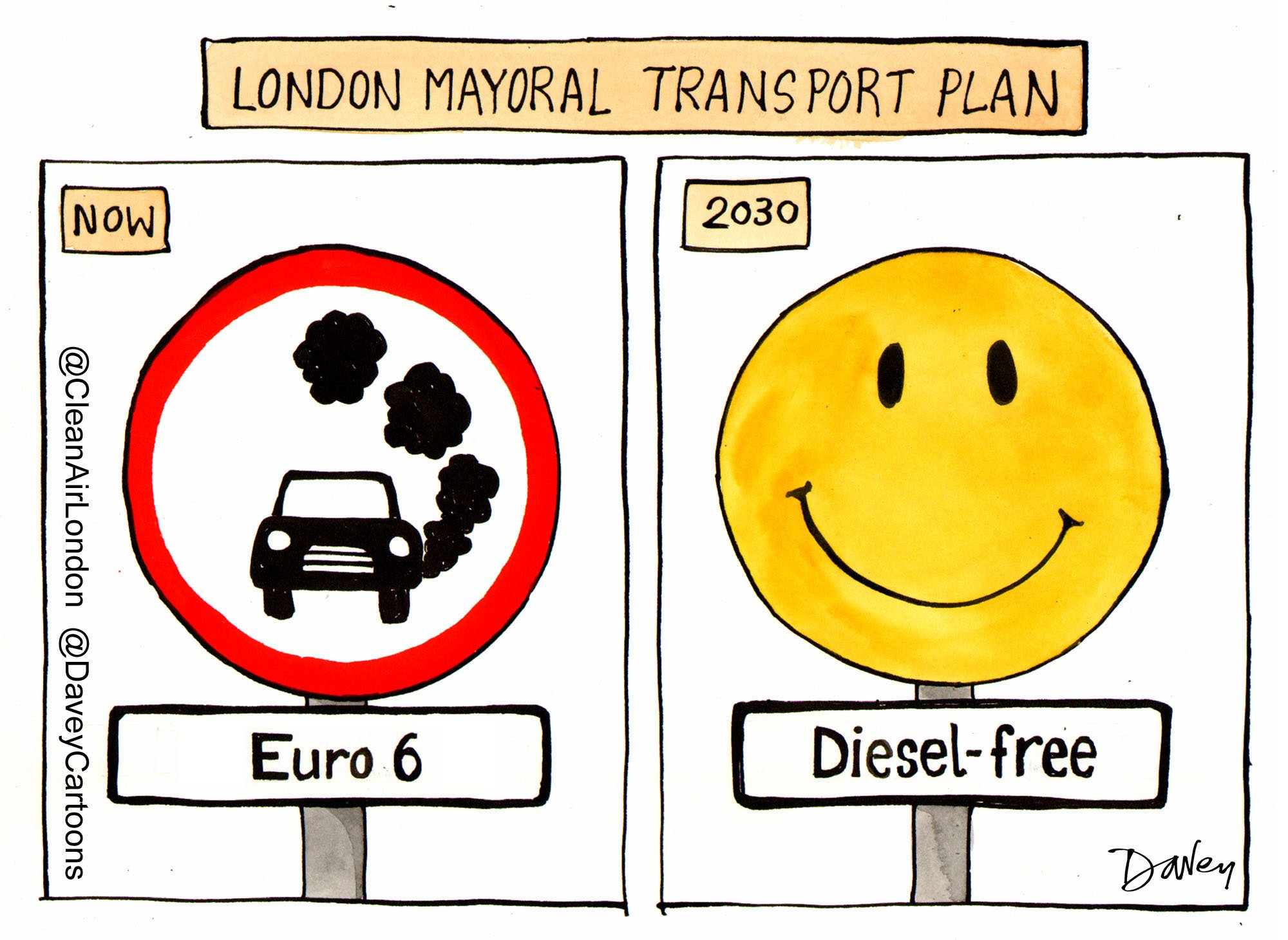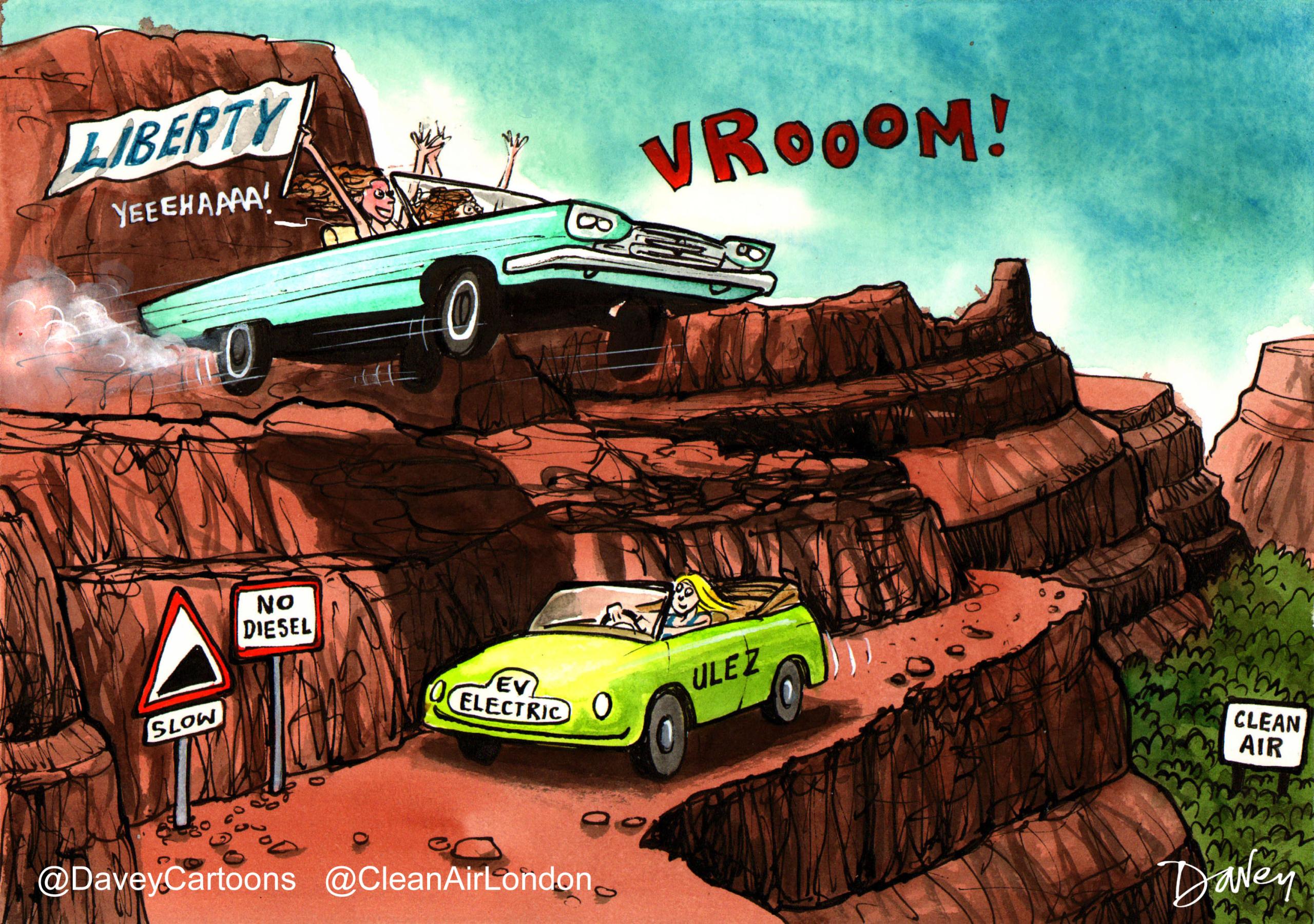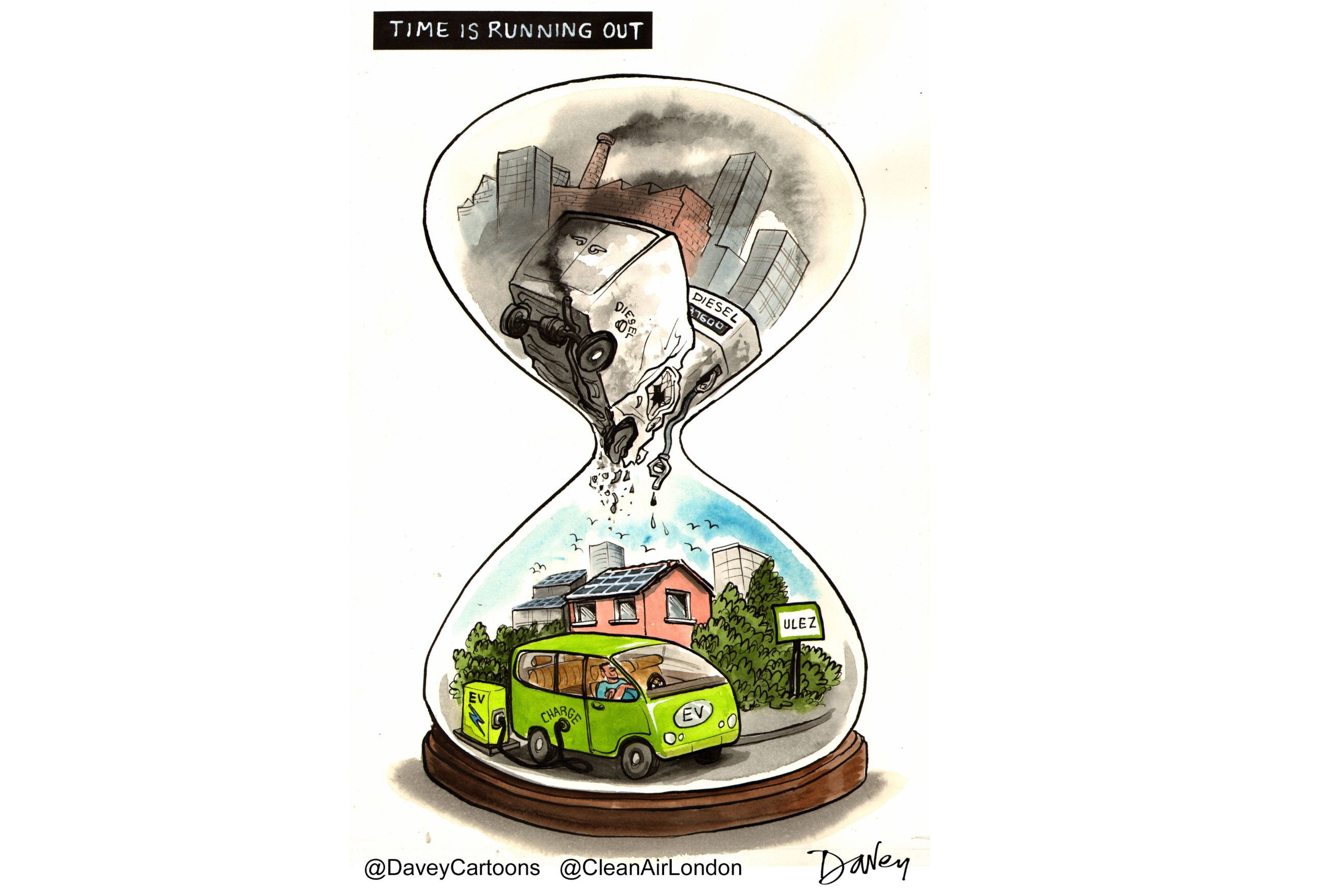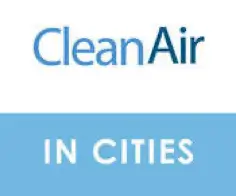Taxi and Private Hire Services in London. Letter to Caroline Pidgeon AM, MBE.
I am sending this submission on Taxi and Private Hire Services in London on behalf of Clean Air in London (CAL) to the London Assembly Transport Committee’s inquiry into Taxi and Private Hire Services in London.
Investigation
CAL understands that the London Assembly Transport Committee (LATC) is focusing on issues other than emissions as those are likely to be investigated separately by the London Assembly Environment Committee (LAEC).
The Mayor and Transport for London (TfL) have the duty, authority and resources to deliver truly sustainable and successful Taxi and Private Hire (PHV) services for those living, working and visiting London. Five key ‘outputs’ of any ‘business model’ for the industry must include:
- Service to customers
- Cost to customers
- Environmental impacts
- Financial viability of participants
- Managing industry change
Failures of the current ‘business model’
London’s best kept secret (unfortunately) is that taxi drivers can only buy taxis that meet criteria determined ultimately by the Mayor and TfL. Currently and more specifically, a driver wanting to buy a new taxi is limited to a choice between two large and relatively expensive diesel vehicles.
In CAL’s opinion the current ‘business model’ for the industry is unsustainable and imposing a great and unnecessary cost on London. Worse, it is failing on at least four of the five ‘outputs’ above. Only customer service is being maintained in the short-term i.e. with no prospect of that continuing as other failings overwhelm it.
At the heart of the problem are ‘nice-to-have’ not ‘must-have’ restrictions that the Mayor and TfL impose unevenly on the industry. The turning circle requirement is a good example.
Worse, the cost-plus nature of setting taxi fares means they inevitably become increasingly uncompetitive compared to vehicles which do not have such constraints.
Working with the Licenced Taxi Drivers Association
You may be aware the Licenced Taxi Drivers Association (LTDA) has agreed to support CAL’s campaign to build public understanding of air pollution. This submission is being sent independently of the LTDA.
CAL and the LTDA are both concerned about the health impact of ‘invisible’ air pollution on Londoners – not least those exposed to the highest levels of air pollution on its roads – and want to see bold and early action.
CAL and the LTDA share many common aims including wanting:
i. more ranks for taxis;
ii. rapid charging at ranks and specific stands which would allow taxis to be electrically charged within 30 or 40 minutes rather than eight hours;
iii. more choice for taxi drivers in the vehicles they can buy;
iv. sound transport policies backed by the real-world testing of vehicle emissions;
v. financial mechanisms to support drivers in purchasing new greener taxis e.g. structural funding and no VAT on purchases of ‘green’ taxis; and
vi. smog warnings to protect people and reduce traffic when air pollution is at its worst.
In recognition of the above, the LTDA became CAL’s first Bronze Sponsor. Details at:
The way forward
CAL asks the LATC to press the Mayor and TfL to fix the mess they have single-handedly created by focussing on:
- Service to customers – set minimum standards and enforce them
- Cost to customers – ensure cost differences between industry players are due to pure competition or defended regulatory markets
- Environmental impacts – taxi drivers must be able to choose to buy low emission vehicles
- Financial viability of participants – taxi drivers must be able to choose to buy cheaper vehicles
- Managing industry change – make changes quickly, review annually and modify
A combination of funding or financing and regulation to ensure the replacement of the entire diesel taxi and PHV fleet within three years or sooner is essential to protect public health and ensure market sustainability. CAL understands that state aid rules would limit such funding unless the taxi market is opened up to more vehicle suppliers. Again, this highlights the huge ‘costs’ and unsustainability of the turning circle restriction. See:
http://questions.london.gov.uk/QuestionSearch/searchclient/questions/question_275692
Please do not be fooled by claims the turning circle requirement is necessary to reduce emissions – at best the turning circle is likely, in our view, to reduce by five to 10% (or much less) the total harmful emissions from taxis that could be eliminated by replacing the whole diesel taxi fleet.
Any differences within the industry cost structure between licensed taxi drivers and private hire vehicles are only sustainable (and desirable) if they deliver benefits that are protected by the industry structure i.e. regulation.
CAL has heard suggestions that the long-hoped-for cheaper, accessible, 1.6 litre petrol Nissan taxi may be delayed beyond its December announced date. Please will the LATC investigate the situation.
Last but not least, London taxis are at the heart of our great city in providing a vital service to many people. They can lead this modern revolution if the Mayor takes bold action now.
I have copied this letter to the London Assembly Environment Committee as some of the comments may be relevant to its inquiry.
Yours sincerely
Simon Birkett
Founder and Director
Clean Air in London
cc
Steve Mcnamara, General Secretary, LTDA

